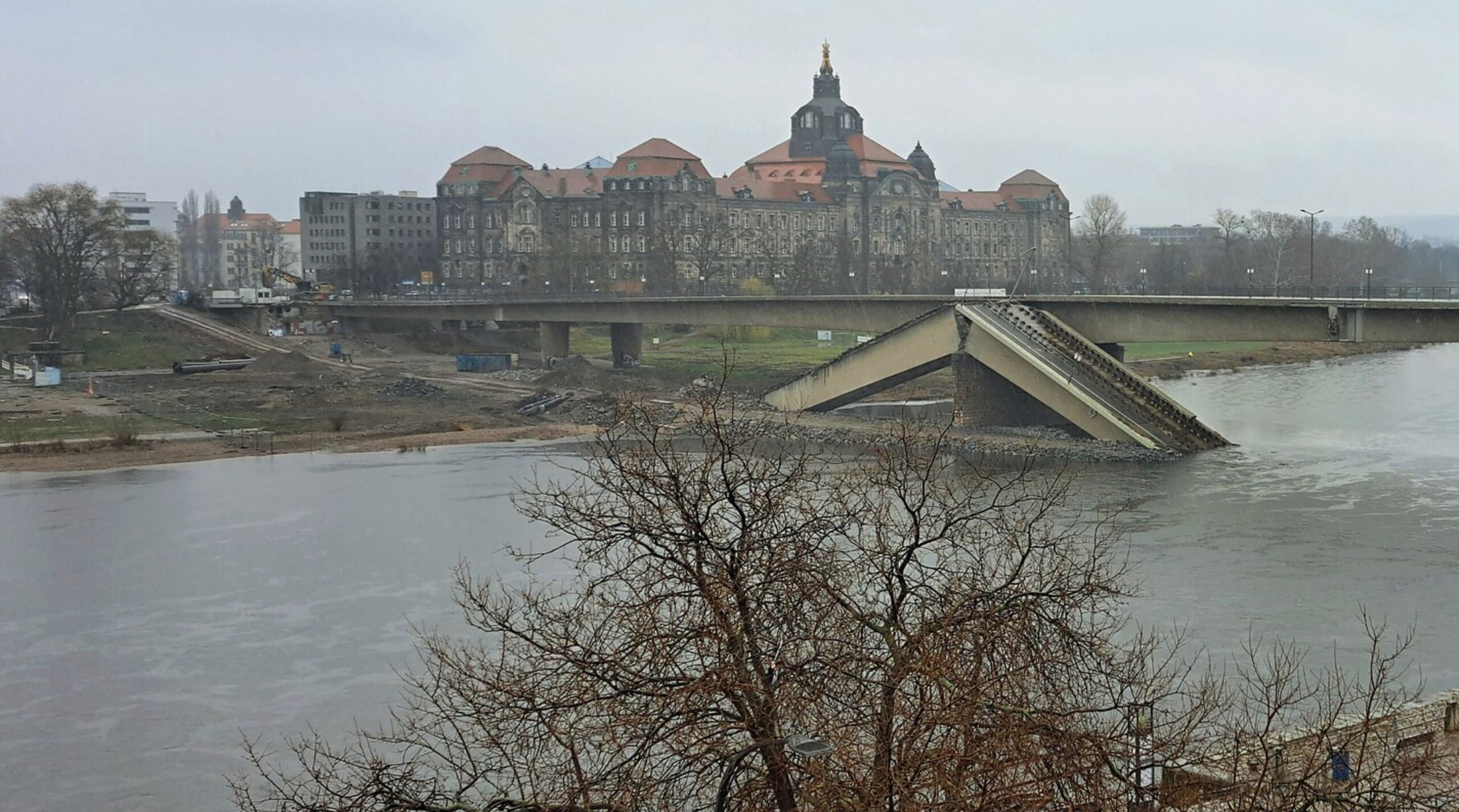
Germany’s parliament the Bundestag yesterday voted 513-207 in favour of a €500bn emergency fund to sort out the nation’s crumbling infrastructure, relieving builders and sending development forecasts for Europe’s greatest financial system to as excessive as 2.1%.
Social Democrats (SPD) and Greens lent their votes to the Christian Democrats (CDU/CSU) to get the two-thirds majority wanted to bypass the “debt brake” enshrined within the structure for giant spending boosts for defence and infrastructure. Laborious proper and exhausting left events opposed the transfer.
“The prospect of a fiscal bazooka is inflicting expectations to skyrocket,” Alexander Krueger, chief economist at financial institution Hauck Aufhaeuser Lampe, informed Reuters.
Germany noticed a 0.2% drop in GDP final yr, however the DIW financial institute had stated the infrastructure fund alone might elevate GDP by greater than two share factors a yr from 2026, when the funds filter all the way down to tasks.
With out yesterday’s deal, the institute predicted 1.1% development from 2026.
One other institute, the IfW, raised its forecast to 1.5% development on the again of the funding resolution, Reuters reviews.
After the SPD-led coalition authorities collapsed in November final yr, business our bodies frightened {that a} lengthy interval of political limbo would stop motion on the nation’s dilapidated infrastructure, typified by the sudden collapse of Dresden’s Carola Bridge in September.
As many as 5,000 Autobahn bridges are decrepit and should be renovated or rebuilt, state broadcaster DW reported in June.
However after successful the election on 23 February, CDU chief Friedrich Merz secured help from the SPD and Greens for the emergency fund earlier than even forming the subsequent coalition authorities.
He scheduled yesterday’s vote to make the most of the pre-election Bundestag seat-share. It dissolves on Tuesday.
‘Solely half the battle’
The German Development Trade Affiliation (ZBD) expressed reduction on the measure, calling it an “historic milestone”.
Nevertheless it warned that tons of of billions of euros was “solely half the battle”, and that massive structural reforms had been wanted urgently.
ZBD managing director Felix Pakleppa stated that in freeway development, as much as 85% of the time may be spent on planning and solely 15% on development itself.
“That is not acceptable,” he stated.
“Such a complete particular fund is an especially necessary step. Nevertheless it’s solely half the battle,” he stated, calling for far-reaching reforms in administration, infrastructure planning, digitalisation, and social safety programs.
“In any other case, it is going to stay an costly measure with no lasting influence,” stated Pakleppa.
Pakleppa stated business capability wasn’t an issue, with 40% of development corporations reporting an absence of orders.
“Now it’s as much as politicians and directors to ascertain the suitable framework,” he stated.
“All capacities of small, medium, and enormous development corporations have to be utilised and deployed now.”
- Subscribe right here to get tales about development world wide in your inbox thrice per week







